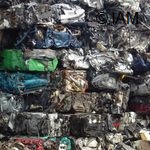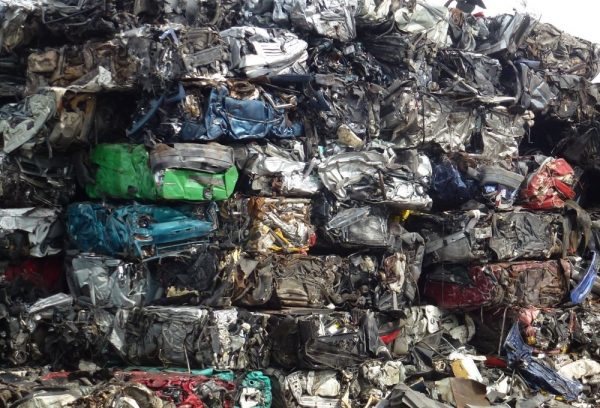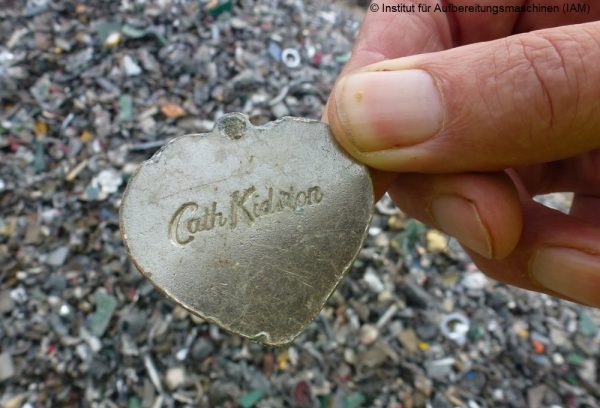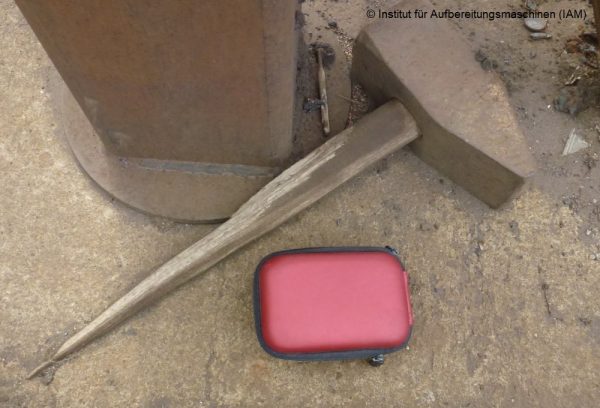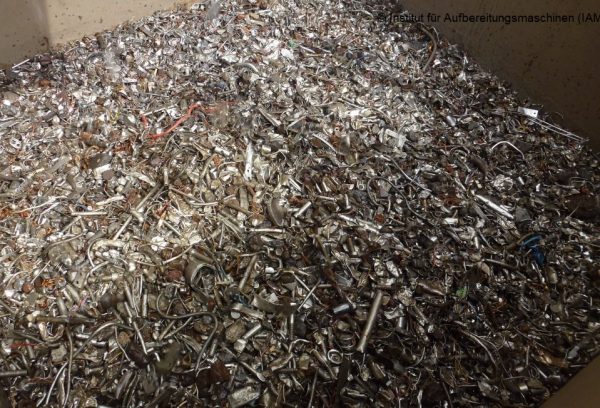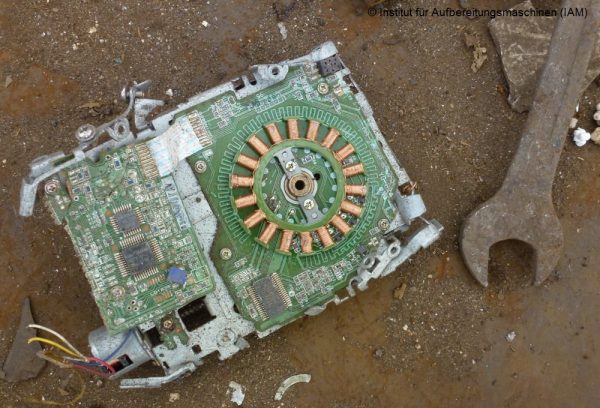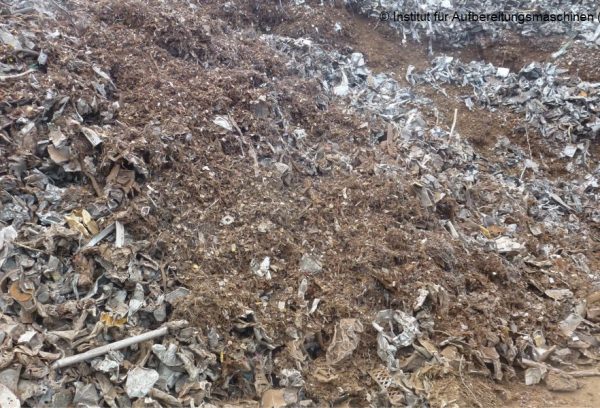During a recent visit of the Institute of Mineral Processing Machines (IAM) of the TU Bergakademie Freiberg to one of the most modern processing plants in Germany in the southern part of Leipzig, we have been able to witness first hand the recycling of end-of-life cars, railroad wagons, and other metal-containing products.
In the interplay between comminution, classification, and sorting by different components, such as miscellaneous types of metal, plastic, rubber, and mineral constituents, almost pure, homogeneous fractions are created in the end. In doing so, the most diverse physical effects, from the electrical conductivity to the radiopacity, are used in particular for the automatic sorting by means of modern processing machines. The ultimate goal is to replace the manual re-sorting, which is still required today for quality reasons, with reliable automated processes in the future.
For instance, by adding finely ground ferro-silicon to water, the density of the resulting heavy media increases to the degree that the mineral fractions (e.g. stones, glass, etc.) float, while the metal fractions sink, so that a separation becomes possible. Other facilities use i.a. the magnetizability, as well as differences in shape and rebound resilience of the materials. The aim is to recover as much sorted material as possible and to re-use it, thereby avoiding its thermal recycling, or even disposal.
In a discussion with environmental engineering graduates of the TU Bergakademie Freiberg, who have specialized in recycling and have been working in the plant for years, we have informed ourselves of the high demand for young engineers in this growth market. Furthermore, we have sounded out future possibilities of an even closer cooperation in education and research.

